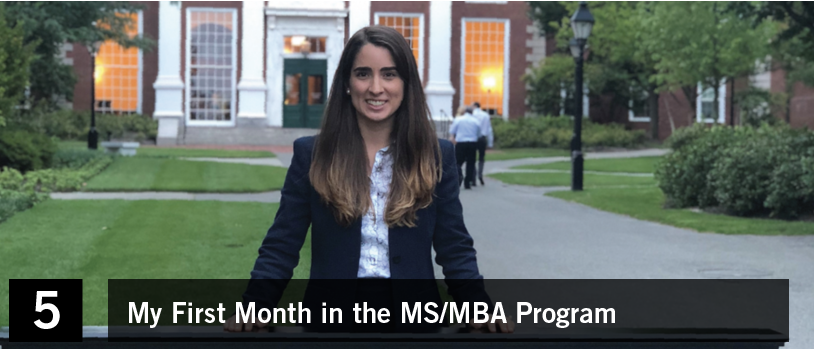We're wrapping up 2018 with a roundup of our ten most popular MBA Voices blogs this past year:
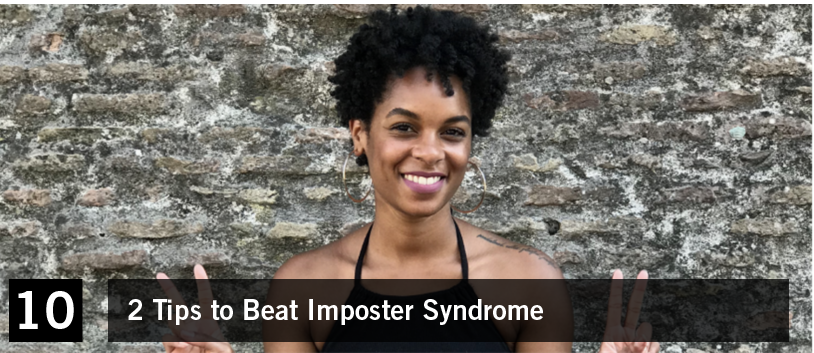
In my second marketing class ever, only two weeks into my first semester of RC year, it happened. I was cold-called. As soon as the professor locked eyes with me and called my name, the negative thoughts rushed in like a flood. I was an engineer before business school; I know absolutely nothing about marketing. Didn’t she know I was an admissions mistake? My mind immediately went blank. I looked down at the notes I typed the night before and started talking. I honestly don’t remember what I said. It was all a blur. After I finished, the professor said “That was an excellent summary. Thank you.” The professor moved on with class as I clasped my hands to stop them from trembling. Read more.
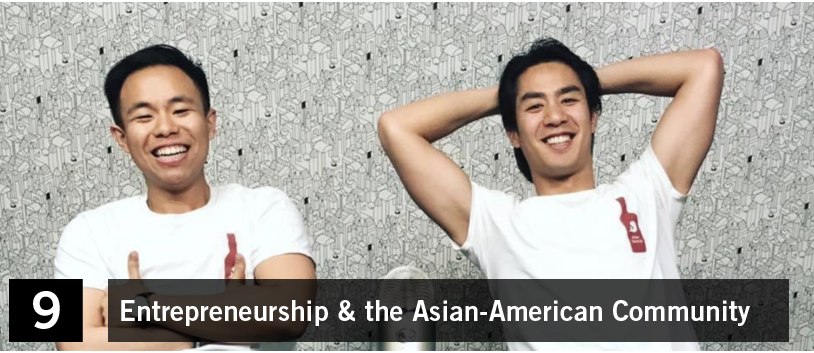
Even within the Asian-American community, each individual experiences different challenges based on their upbringing. Generally, though, we’re heavily influenced by our parents’ immigrant story of hardship and sacrifice for their children to create a more stable income. This often runs counter to our passion, interest, and growing appetite for risky careers, like startups. The challenge is balancing a more financially predictable path with one that is less certain but more enticing. Read more.
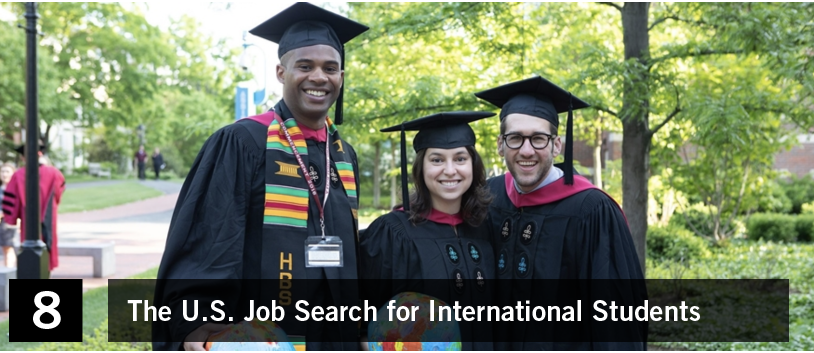
CPD uses a job search framework to help students think about the job search: “Discover, Source and Pitch”. First, you need to discover what interests you. Then, you need to find opportunities that align with your career interests, and finally, you need to pitch yourself for those opportunities. Using this framework, CPD helps international students who are looking to work in the U.S. after graduation discover what organizations are open to sponsoring work authorization in the U.S. and how to pitch themselves and their unique skills to those U.S. employers. Read more.
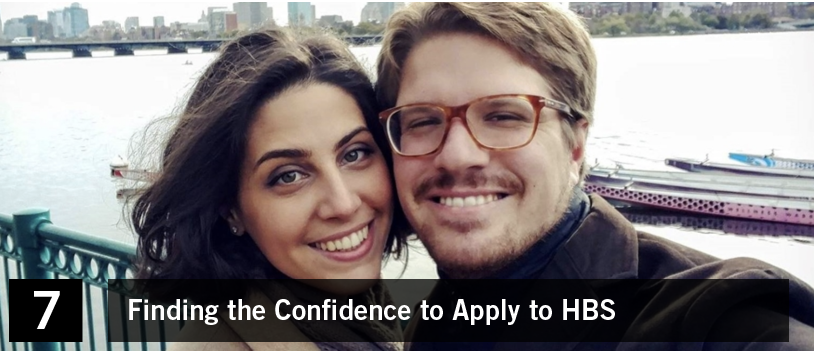
Before I even applied to HBS, I felt a mix of deep respect and reverential fear toward the HBS Admission Officers. I didn’t think I was good enough to pass their judgement. But as I look back on the application process, I realize that my harshest critic was not sitting on the MBA Admissions Committee: it was me. Read more.
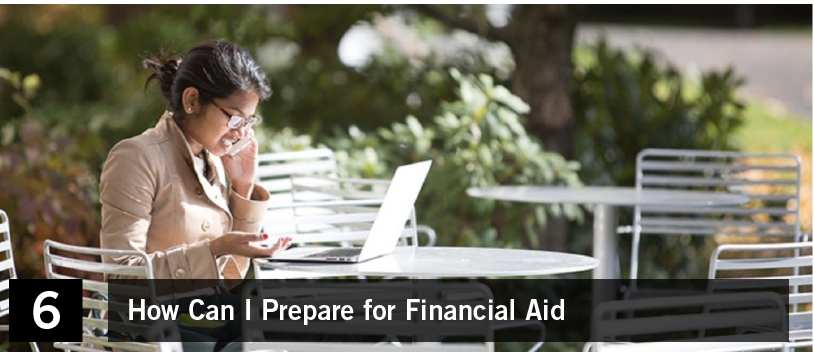
While the financial aid process begins after you’ve been accepted at HBS, there is a lot you can do in the months (and even years) beforehand to put yourself in the best position to access funding. HBS will help you meet your full financial need through a combination of fellowships and loans. Here are the top six tips from the experts in our Financial Aid office. Read more.
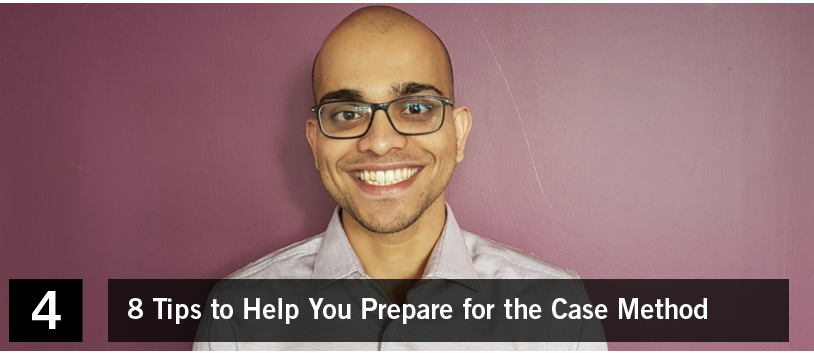
The case method is at the core of the HBS academic experience. In its simplest form, each case is a simulation of a real-world business problem. The case protagonist is the person tasked with solving that problem. As students, we are expected to step into the shoes of the protagonist and discuss the nuances of each decision and the reasons behind them with the rest of our section. Read more.
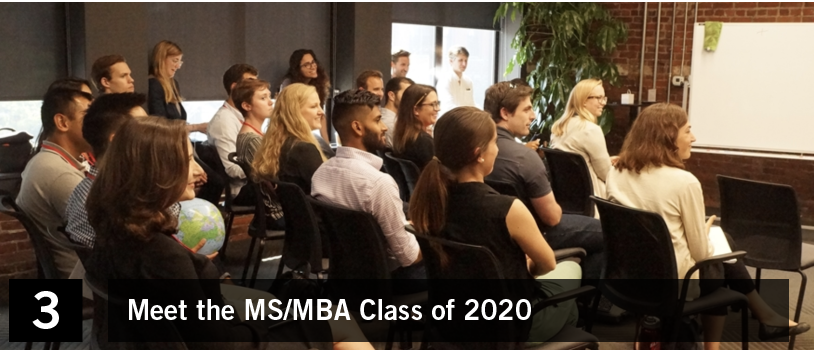
With access to a host of entrepreneurship resources and labs, the ability to engage closely with faculty and alumni advisors, the chance to experience five design cycles, and the opportunity to tap into Harvard’s vast network of leaders and founders, these students will leave Harvard with 2 degrees and the toolkit they need to become leaders of technology ventures. Read more.
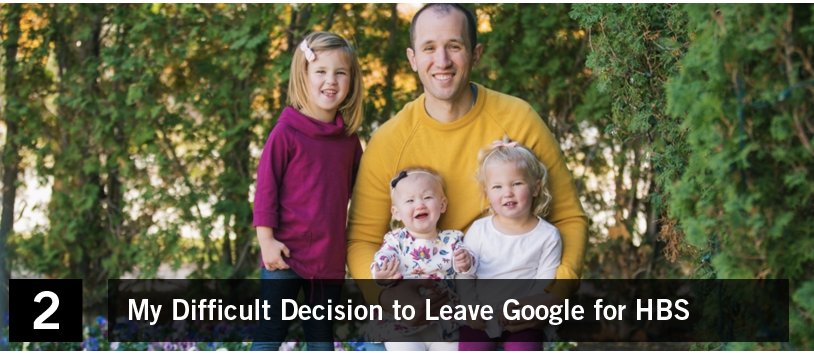
Both before and during my time at Google, I had casually considered an MBA. I was a few more years into my career than most MBA applicants, so many of my Google peers were recent business school grads. I eventually surrendered to my curiosity and began to gather information about business schools. As I investigated Harvard, every interaction I had—information sessions, alumni panels, and even simple blog posts—left me noticeably energized. Read more.
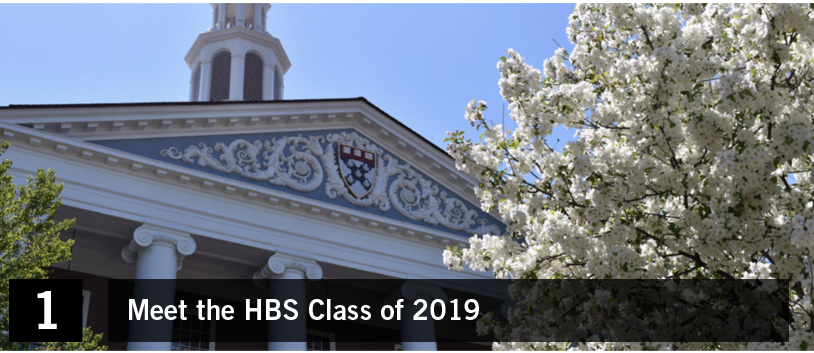
Each year, the MBA program interviews students about what brought them to HBS, their experience as an MBA student, and their plans to make a difference in the world. Read more.

In my second marketing class ever, only two weeks into my first semester of RC year, it happened. I was cold-called. As soon as the professor locked eyes with me and called my name, the negative thoughts rushed in like a flood. I was an engineer before business school; I know absolutely nothing about marketing. Didn’t she know I was an admissions mistake? My mind immediately went blank. I looked down at the notes I typed the night before and started talking. I honestly don’t remember what I said. It was all a blur. After I finished, the professor said “That was an excellent summary. Thank you.” The professor moved on with class as I clasped my hands to stop them from trembling. Read more.

Even within the Asian-American community, each individual experiences different challenges based on their upbringing. Generally, though, we’re heavily influenced by our parents’ immigrant story of hardship and sacrifice for their children to create a more stable income. This often runs counter to our passion, interest, and growing appetite for risky careers, like startups. The challenge is balancing a more financially predictable path with one that is less certain but more enticing. Read more.

CPD uses a job search framework to help students think about the job search: “Discover, Source and Pitch”. First, you need to discover what interests you. Then, you need to find opportunities that align with your career interests, and finally, you need to pitch yourself for those opportunities. Using this framework, CPD helps international students who are looking to work in the U.S. after graduation discover what organizations are open to sponsoring work authorization in the U.S. and how to pitch themselves and their unique skills to those U.S. employers. Read more.

Before I even applied to HBS, I felt a mix of deep respect and reverential fear toward the HBS Admission Officers. I didn’t think I was good enough to pass their judgement. But as I look back on the application process, I realize that my harshest critic was not sitting on the MBA Admissions Committee: it was me. Read more.

While the financial aid process begins after you’ve been accepted at HBS, there is a lot you can do in the months (and even years) beforehand to put yourself in the best position to access funding. HBS will help you meet your full financial need through a combination of fellowships and loans. Here are the top six tips from the experts in our Financial Aid office. Read more.
Before coming to Boston, I struggled to decide if the MS/MBA was right for me. I wondered if it’d be too much work or if it would affect my regular MBA experience. With those questions still in the back of my mind, I took the leap of faith. Read more.

The case method is at the core of the HBS academic experience. In its simplest form, each case is a simulation of a real-world business problem. The case protagonist is the person tasked with solving that problem. As students, we are expected to step into the shoes of the protagonist and discuss the nuances of each decision and the reasons behind them with the rest of our section. Read more.

With access to a host of entrepreneurship resources and labs, the ability to engage closely with faculty and alumni advisors, the chance to experience five design cycles, and the opportunity to tap into Harvard’s vast network of leaders and founders, these students will leave Harvard with 2 degrees and the toolkit they need to become leaders of technology ventures. Read more.

Both before and during my time at Google, I had casually considered an MBA. I was a few more years into my career than most MBA applicants, so many of my Google peers were recent business school grads. I eventually surrendered to my curiosity and began to gather information about business schools. As I investigated Harvard, every interaction I had—information sessions, alumni panels, and even simple blog posts—left me noticeably energized. Read more.

Each year, the MBA program interviews students about what brought them to HBS, their experience as an MBA student, and their plans to make a difference in the world. Read more.


